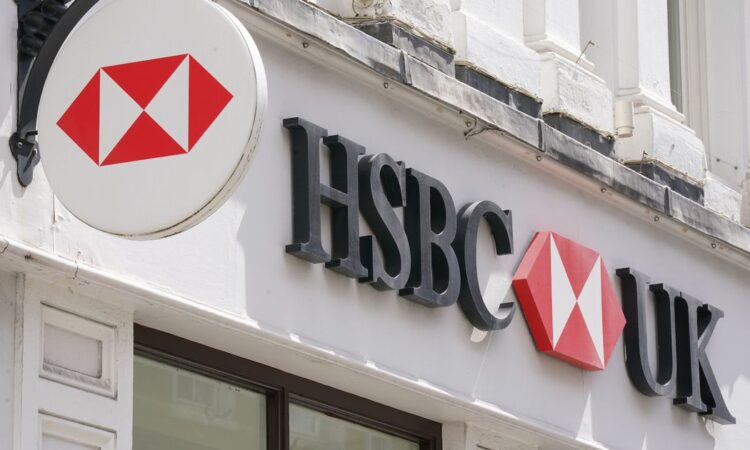
HSBC has issued a stark £900 warning to all customers as the banking giant wants people to be vigilant and avoid losing out on their hard-earned cash.
The high street bank wants online shoppers to double-down on their efforts to stop scammers and be on their guard over the next few weeks, Birmingham Live reports.
Black Friday is due to take place on Friday, November 24, with offers appearing online from weeks before the day itself. Purchase scams, HSBC said, are “by far” the most popular type of fraud, enabling criminals to leave consumers significantly out of pocket.
READ MORE: £200 message issued to anybody with a Nationwide bank account
READ MORE: DWP Christmas 2023 payment dates for Universal Credit, PIP, ESA
Recent data from HSBC shows the average purchase scam carried out between July and September 2023 saw victims lose a huge £894 each. Since then the average value per case has increased to more than £900.
David Callington, HSBC UK’s head of fraud has warned: “Bargain-hunters need to double-down on their efforts to shop safely, especially before Christmas, which is typically an expensive time of year. While the cost of living challenges are still lingering, retaining or improving our financial resilience should be extremely important, and losing money unnecessarily to a scam could have a significant impact on that.
“Month on month scammers steal millions of pounds through purchase scams, advertising items such as cars, campervans, holidays or tickets to a ‘must see’ concert or sporting event. Both our own data and that of UK Finance shows that the scourge of purchase scams is growing, with scammers content to scam more people with lower value items than specifically targeting victims for higher value frauds.
“Scammers are devious criminals who don’t care about the impact of their crime on the financial of mental wellbeing of their victims. Customers can help protect themselves and their money by taking note of some simple steps.”
Purchase scams happen when you’re paying for an item or service. The item doesn’t arrive, or you don’t receive the service and your money is lost.
Typically, these scams ask you to send money via bank transfer, offer a too-good-to-be-true deal or discount and have “limited availability”, or are a “special offer”, to encourage you to act quickly.
They also persuade you to send money before receiving a service and are advertised on social media or other online marketplaces, or in some cases through legitimate looking websites that have actually been set up by fraudsters.
Receive newsletters with the latest news, sport and what’s on updates from the Liverpool ECHO by signing up here





